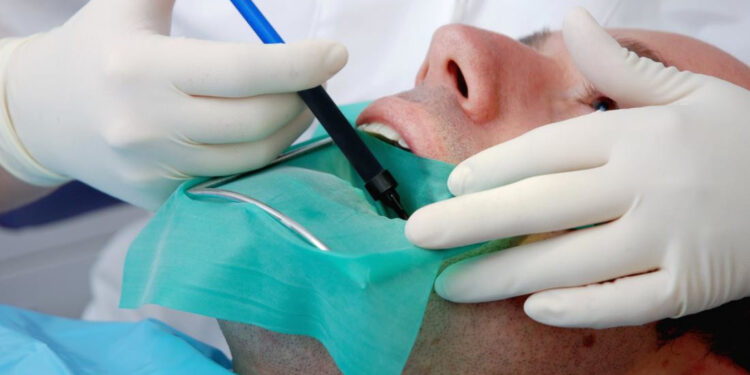It’s no secret that dental work is one of the most common surgeries in the United States. And while dental procedures can be quite routine and straightforward, there are still a lot of things you should know about root canal before and after your procedure. In this article, we’ll explore some of the key points you need to know before getting your root canal done.
What is a Root Canal?
Root canal in Raleigh NC is a surgical procedure to remove the pulp (root) of a tooth. This is done to relieve pain and prevent the tooth from becoming infected.
There are a few things you need to know about root canals before you have one:
- A root canal is an outpatient procedure that can be done in your dentist’s office.
- The surgery will involve removing the pulp from the tooth using instruments such as a drill, saw, and suction device.
- You may experience some pain after the procedure, but it should be mild and short-lived. Most people can return to normal activities within a few days.
- If you have any questions about your root canal, or if you experience any problems following the surgery, don’t hesitate to call your dentist or doctor.
What are the different types of Root Canals?
Root canals are a common dental procedure that can be done to correct problems with your teeth and gums. There are several different types of root canals, each with its own specific benefits and drawbacks. This article will outline the different types of root canals and their respective benefits and drawbacks.
The four main types of root canals are: Endodontic (within the tooth), Extradental (outside of the tooth), Periapical (through the apical surface of the tooth), and Oncologic (used to treat cancer).
Endodontic root canals are used to correct problems with the root of your tooth. These can include damaged or missing teeth, crooked teeth, or problems with the roots themselves. Endodontic root canals are usually done as an outpatient procedure. The benefits of endodontic root canal surgery include: corrected problems with your teeth, decreased risk of future dental problems, and minimal pain. The drawbacks of endodontic root canal surgery include: potential for infection, damage to surrounding teeth, and possible need for a second surgery to remove all the debris from the first surgery.
What are the risks of having a Root Canal?
Root canal procedures are generally safe and effective, but there are some risks associated with them. Some of the most common risks include:
– Infection: About 1 in 5 root canals becomes infected, which can lead to serious complications such as sepsis or even death. Antibiotics may be required to treat the infection, and the patient may require prolonged bed rest.
– Damage to nerves: About 1 in 10 root canals results in damage to nerves, which can cause severe pain and disability. Nerve damage may require surgery to repair it.
– Damage to teeth: About 1 in 25 root canals results in damage to teeth. This may lead to tooth loss or pain during chewing.
What to expect before and after your Root Canal Procedure
If you are considering a root canal, it’s important to understand what to expect before and after the procedure. Here are some key points:
First, let’s talk about what a root canal is. A root canal is a surgical procedure to remove the roots of a tooth that are causing pain or problems. The dentist will use a special tool called an endoscope to see inside your mouth. They’ll then use a special drill to remove the damaged roots.
After the surgery is complete, you may experience several different symptoms. The most common are pain and swelling in the area around the tooth. You may also experience difficulty chewing and swallowing, numbness or tingling in the affected area, and trouble breathing. If these symptoms persist for more than two days, call your dentist for advice.
Most people recover completely from a root canal treatment, but there is always a small chance of complications. If you experience any of the following symptoms after your procedure, contact your dentist immediately: extreme pain, fever, vomiting blood, chest pain, shortness of breath, or swelling in the brain.
Conclusion
If you are considering a root canal, it is important that you understand the risks and benefits of the procedure. In this article, we discussed some of the key things to know about root canals before and after your appointment. By being aware of these things, you can make an informed decision about whether or not this type of surgery is right for you.
